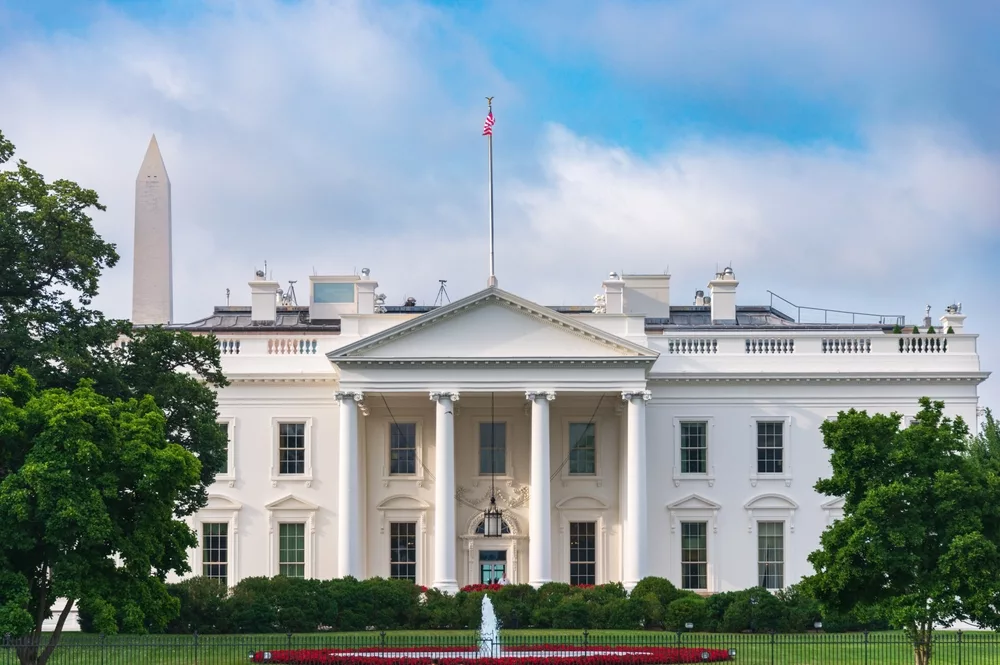
Summary
- Digital assets and the crypto sector in general are increasingly becoming a point of conversation between financial advisors and their clients.
- This highlights a very real growing interest in – and burgeoning adoption of – these types of assets.
- The same three questions typically come up, underscoring the need for greater education about this asset class and the crypto sector more widely.
- Visit these pages for more explainers and crypto in action stories.
Crypto question one – are digital assets more volatile than other assets?
As to be expected, a young commodity or asset class with a small market cap is more likely to experience higher volatility as new capital flows into the asset. However, bitcoin’s volatility specifically is lower than other digital assets, has seen new all-time lows on a yearly scale, and is demonstrating a downward trend.
While bitcoin is still more volatile than other major asset classes, it can be less volatile than prominent individual securities—many of which are widely held among traditional investors. When compared to the “Magnificent Seven,” a group of high-performing and influential stocks such as Apple and Microsoft, bitcoin’s volatility does not appear as an outlier.
Crypto question two – how should I select which digital asset to invest in?
Fidelity Digital Assets views bitcoin as an entry point for traditional allocators looking to gain exposure to digital assets, as it is fundamentally different than any other digital asset available today. No other digital asset is likely to improve upon bitcoin as a monetary good because bitcoin is the most (relative to other digital assets) secure, decentralized, and sound digital money. Any “improvement” will face inevitable trade-offs.
It may also be worthwhile to evaluate non-bitcoin projects such as ether, the second largest asset by market cap, and other alternative coins later on based on a client’s level of experience in digital assets, risk tolerance, and financial goals.
Options for exposure to bitcoin and other assets have significantly expanded as institutional interest has grown. As it relates to bitcoin specifically, these potential channels include third-party custody, passive single-asset funds, futures contracts, actively managed funds, futures-based exchange traded funds, and most recently, spot exchange-traded products (ETPs).
Crypto questions three – what sort of custody should I choose?
Unlike traditional asset classes, a core feature of bitcoin (and digital assets broadly) is the ability for holders to self-custody the assets. However, self-custody requires robust security and risk management processes that some may not feel comfortable taking on or may not have the time, resources, or technical expertise to establish.
Those that choose to self-custody their digital assets are assigned a private key. This secret, alphanumeric code is randomly generated as soon as a wallet is made—if the key is ever lost or stolen, so are the assets. For example, if a client’s estate plan does not account for digital assets properly, heirs can permanently lose access to the account.
Alternatively, third-party custodians store assets in proprietary storage solutions, taking on the burden of security and key management. This can offer enhanced risk management and security assurances. With these custody options in mind, it is especially important that advisors discuss both the advantages and disadvantages with clients.
A version of this article first appeared on partner site, Fidelity Digital Assets, in October 2024.

























